No products in the cart.
Moringa is rich in nutrition owing to the presence of a variety of essential phytochemicals. In fact, moringa is said to provide 7 times more vitamin C than oranges, 10 times more vitamin A than carrots, 17 times more calcium than milk, 9 times more protein than yoghurt, 15 times more potassium than bananas and 25 times more iron than spinach.
Vitamins like beta-carotene of vitamin A, vitamin B such as folic acid, pyridoxine and nicotinic acid, vitamin C, D and E also present in M. oleifera. Phytochemicals such as tannins, sterols, terpenoids, flavonoids, saponins, anthraquinones, alkaloids and reducing sugar present along with anti-cancerous agents like glucosinolates, isothiocyanates, glycoside compounds and glycerol-1-9-octadecanoate. Moringa leaves also have a low calorific value and can be used in the diet of the obese.
USES
Treat asthma, hyperglycemia, dyslipidemia, flu, heart burn, syphilis, pneumonia, diarrhea, skin disease also reduce blood pressure, cholesterol.
CONTAINS
- 7 times more vitamin C than orange.
- 10 times more vitamin A than carrot.
- 17 times more calcium than milk.
- 9 times more protein than curd.
- 15 times more potassium than banana. o 25 times more iron than spinach.
- Vitamin A, B, C, D.
- Phyto chemicals are also present.
| Specialty | Natural |
| Ingredient Type | Vegetarian |
| Form | Tea Powder |
| Item part number | AM03 |
| Item Weight | 99.8 g |
| Package Dimensions | 18.3 x 16.5 x 7.6 cm |
| Ingredients: | Tea leaves |
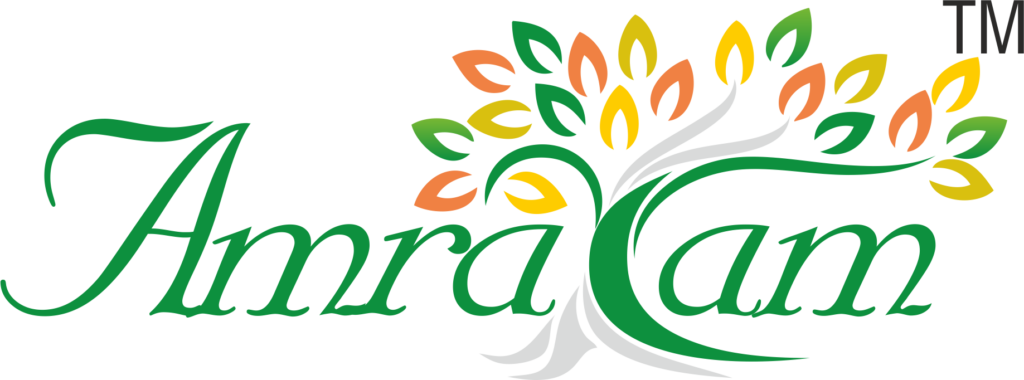

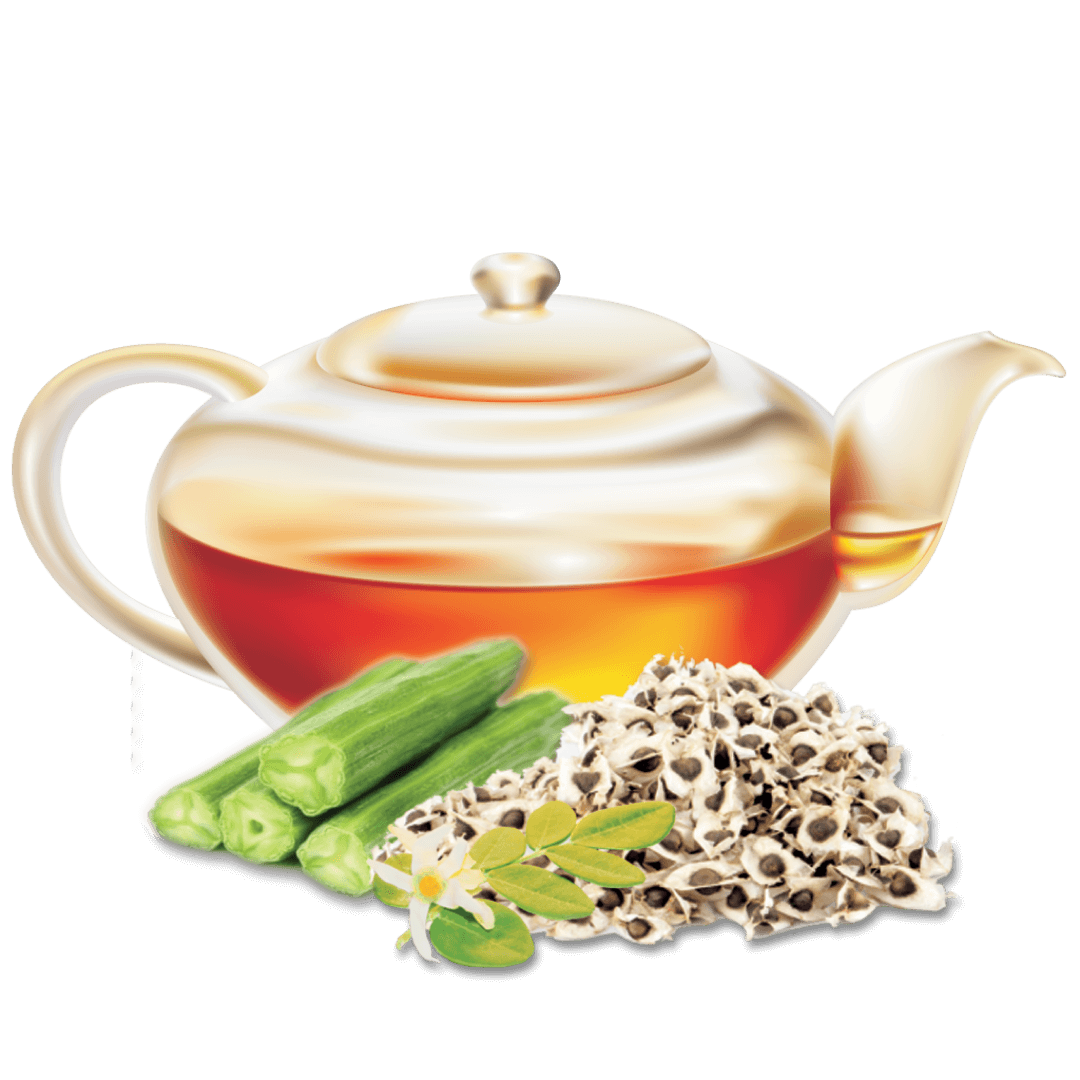
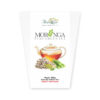

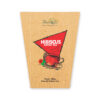


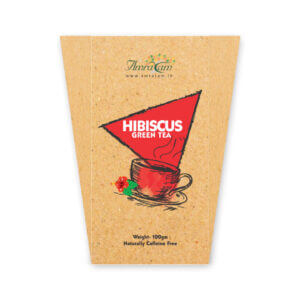
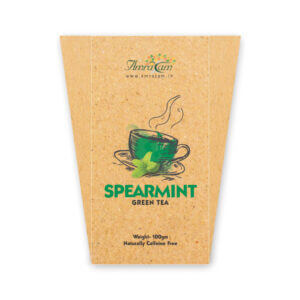
Reviews
There are no reviews yet.